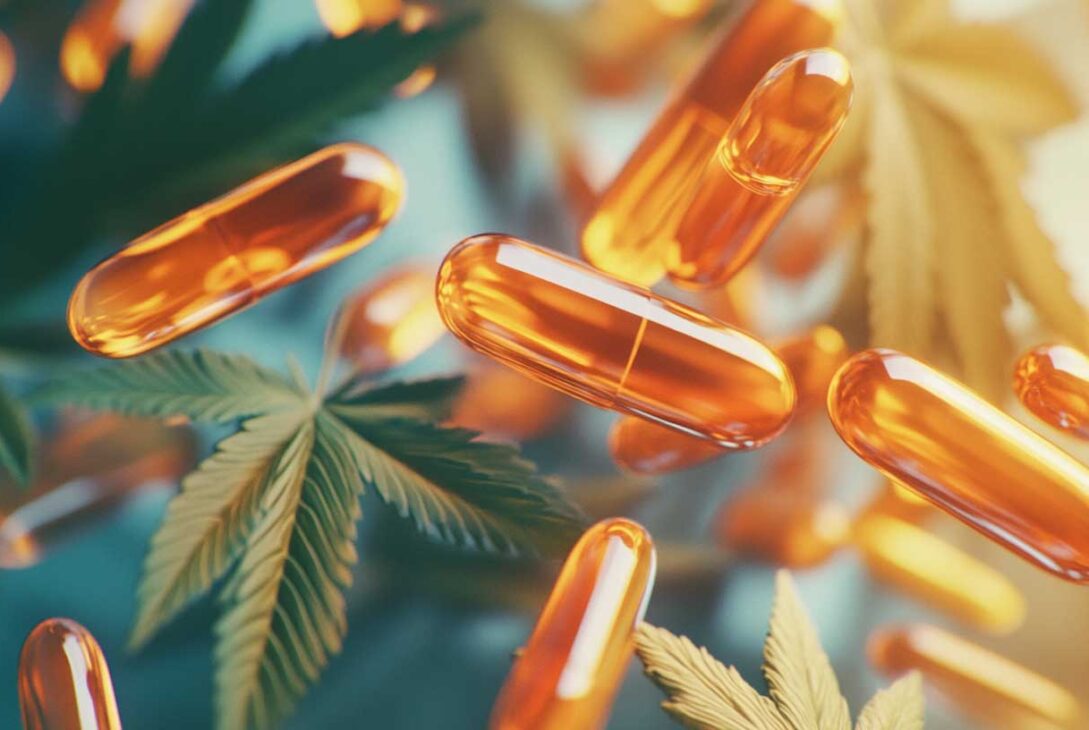Delta-8 THC’s Effects on Reproductive Health and Fertility: A Comprehensive Guide
Introduction
As the world of cannabinoids continues to expand, Delta-8 THC is stepping into the spotlight. Gaining attention for its milder psychoactive effects compared to Delta-9 THC, Delta-8 THC is often touted for its potential therapeutic benefits. However, with the increasing popularity comes a critical need for understanding its impact on reproductive health and fertility, particularly for those who are considering conception or are already expecting. This guide aims to provide an accessible overview of the current research and insights into how Delta-8 THC can affect reproductive health and hormonal balance.
Delta-8 THC: What You Need to Know
Delta-8 THC is an analog of Delta-9 THC, sharing a similar chemical structure but with notable differences in how it interacts with the body’s cannabinoid receptors. Its weaker psychoactive effects mean that many users report feeling a milder euphoria and less anxiety. Despite its allure, it’s essential to recognize the implications of its use—particularly for those in the reproductive phase of life.
Effects on Female Reproductive Health
Fertility Impacts
The relationship between cannabinoids and female reproductive health is complex and still being explored. Here are some significant insights based on recent studies:
- Ovulatory Disruption: Research indicates that the use of cannabis, including Delta-8 THC, can disrupt the menstrual cycle. Women who frequently use cannabis have been found to experience longer follicular phases and a higher incidence of anovulatory cycles—which are cycles where ovulation does not occur. This disruption can have direct implications on fertility, as ovulation is critical for conception.
- Gene Expression and Embryo Development: Exposure to THC, similar to Delta-8 THC, can affect the quality of oocytes (female eggs). There’s evidence suggesting that high levels of THC may impair the gene expression necessary for healthy embryo development, which is essential for successful pregnancies. Lower quality oocytes are less likely to yield viable embryos and successful gestation.
Cannabinoids can also influence the delicate hormonal balance that regulates female fertility:
- Luteinizing Hormone (LH) and Prolactin: Acute cannabis use has been linked to fluctuations in levels of LH and prolactin. These hormones play critical roles in ovulation and overall reproductive health. Disruption of these hormones can make the journey to conception more challenging.
- Estradiol and Progesterone: While some studies show no significant change in levels of estradiol and progesterone with cannabis use, the nuanced interplay of hormones means that any alteration could affect reproductive health in subtle but significant ways.
Effects on Pregnancy
The implications of Delta-8 THC use extend beyond preconception into pregnancy itself, where the stakes are infinitely higher.
- Long-term Health Impacts: Exposure to THC during pregnancy raises concerns about developmental issues for the fetus. Research indicates that such exposure may lead to increased risks of brain development problems, preterm births, low birth weights, and even stillbirths. Each of these outcomes can profoundly impact both the short-term and long-term health of the child.
- Heavy Metal Exposure: A significant concern around Delta-8 THC products is their often unregulated nature. Many Delta-8 products may contain contaminants, including heavy metals and other harmful substances from the manufacturing process. These contaminants can pose substantial risks to fetal health, increasing the likelihood of birth defects and other serious developmental concerns.
Maternal Health
- Regulatory Uncertainty: The FDA has not currently approved any Delta-8 THC products as safe, particularly for pregnant women. With this regulatory void, users face the risks associated with mislabeled products and untested ingredients, compounding the dangers for expecting mothers.
Conclusion and Recommendations
The current body of evidence presents a compelling narrative: Delta-8 THC carries significant risks for reproductive health and fertility. Here are some key takeaways for individuals considering or currently using Delta-8 THC:
- Avoidance During Pregnancy: Pregnant women are advised to steer clear of Delta-8 THC and all cannabis products to safeguard their health and that of their unborn child.
- Pre-Conception Caution: For those contemplating conception, it’s wise to be cautious about using Delta-8 THC. Its potential to disrupt ovulation and affect embryo development is a cause for concern.
- Consult Healthcare Providers: Prior to using any hemp-derived products, consulting with healthcare professionals is essential, especially for individuals trying to conceive or pregnant.
Final Thoughts
While Delta-8 THC may present some appealing benefits, the question of its impact on reproductive health and fertility cannot be overlooked. With an ever-growing landscape of hemp-derived products, ensuring robust research and clear regulations is essential to safeguard the well-being of consumers, particularly women in their reproductive years. By prioritizing informed choices and healthcare consultations, individuals can better navigate their reproductive health.
Additional Resources
To delve deeper into this topic, consider checking the following resources:
- Endocrine Society: For insights on THC’s effects on female reproductive health.
- FDA Guidelines: For guidance on the safety of cannabis and CBD products in pregnancy and breastfeeding.
- Peer-Reviewed Journals: For scientific studies exploring the pharmacology and impacts of Delta-8 THC.
By remaining informed and cautious, you can significantly enhance your reproductive health decisions and those of future generations.





















